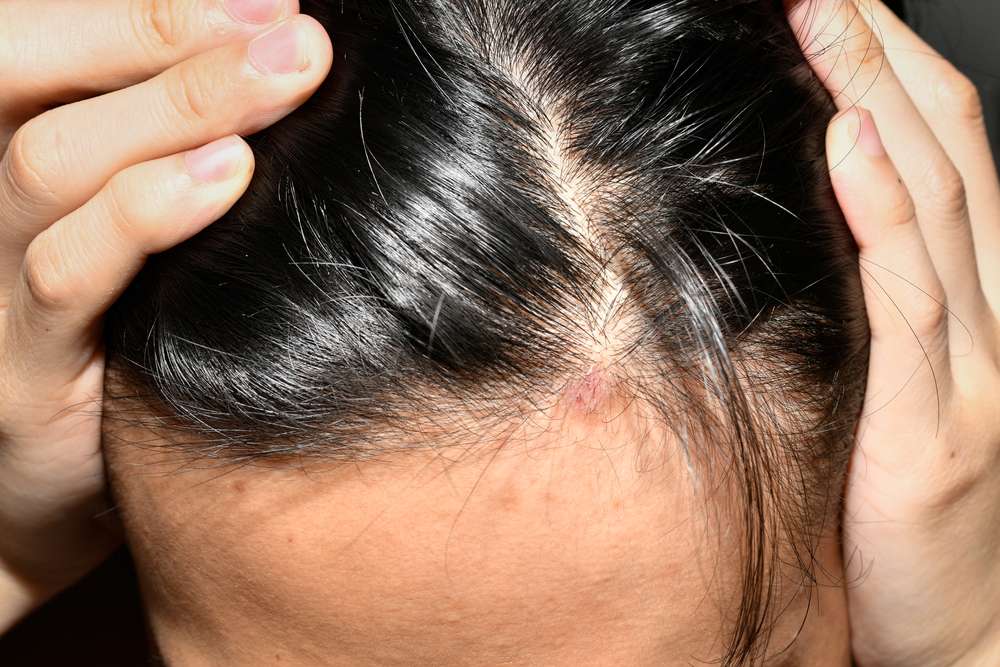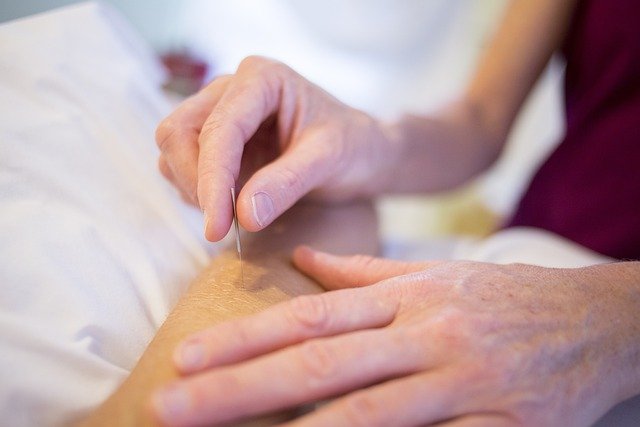Understanding and Treating Scalp Psoriasis: Effective Remedies and Solutions
Scalp psoriasis causes itching, flaking, and irritation. Treatment options include medicated shampoos, topical steroids, and moisturizing oils. Lifestyle changes and stress management may also help. Learn which remedies offer relief while protecting hair and scalp health.

What are the common symptoms of scalp psoriasis?
Scalp psoriasis manifests in a variety of ways, but some of the most common symptoms include:
-
Redness and inflammation on the scalp
-
Silvery-white scales or plaques
-
Intense itching and burning sensations
-
Dry, flaky skin that may resemble dandruff
-
Hair loss in severe cases
These symptoms can range from mild to severe and may extend beyond the hairline to the forehead, neck, and ears. The persistent nature of scalp psoriasis can lead to discomfort and self-consciousness, making effective treatment crucial for both physical and emotional well-being.
What causes scalp psoriasis and who is at risk?
While the exact cause of scalp psoriasis remains unknown, researchers believe it results from a combination of genetic and environmental factors. The condition occurs when the immune system mistakenly attacks healthy skin cells, leading to rapid cell turnover and the formation of scaly patches. Several factors may increase the risk of developing scalp psoriasis:
-
Family history of psoriasis
-
Stress
-
Certain medications
-
Skin injuries or infections
-
Cold, dry weather
-
Obesity
-
Smoking and alcohol consumption
Understanding these risk factors can help individuals take preventative measures and seek early treatment if symptoms appear.
What are the most effective scalp psoriasis treatments?
Treating scalp psoriasis often involves a combination of approaches tailored to the severity of the condition and individual needs. Some of the most effective scalp psoriasis treatments include:
-
Medicated shampoos: Special shampoos containing ingredients like salicylic acid, coal tar, or ketoconazole can help reduce scaling and inflammation.
-
Topical corticosteroids: These anti-inflammatory medications come in various strengths and can be applied directly to affected areas of the scalp.
-
Vitamin D analogues: Topical treatments containing synthetic vitamin D can help slow skin cell growth and reduce inflammation.
-
Topical retinoids: These vitamin A derivatives can help normalize skin cell growth and reduce inflammation.
-
Systemic medications: For severe cases, oral or injectable medications that target the immune system may be prescribed.
-
Light therapy: Controlled exposure to UV light can help slow skin cell growth and reduce inflammation.
It’s important to work closely with a dermatologist to determine the most appropriate treatment plan, as what works for one person may not be effective for another.
How can lifestyle changes and home remedies complement medical treatments?
In addition to medical treatments, certain lifestyle changes and home remedies can help manage scalp psoriasis symptoms:
-
Stress management: Practicing relaxation techniques like meditation or yoga can help reduce stress-induced flare-ups.
-
Moisturizing: Keeping the scalp well-hydrated with natural oils or moisturizers can help reduce scaling and itching.
-
Gentle hair care: Using mild shampoos and avoiding harsh styling products can prevent irritation and exacerbation of symptoms.
-
Diet modifications: Some people find that reducing intake of inflammatory foods and increasing consumption of omega-3 fatty acids helps manage symptoms.
-
Avoiding triggers: Identifying and avoiding personal triggers, such as certain hair products or environmental factors, can help prevent flare-ups.
-
Scalp care routine: Regularly removing scales with a soft brush or comb and applying medicated treatments can help manage symptoms effectively.
These complementary approaches can enhance the effectiveness of medical treatments and promote overall scalp health.
What are the long-term management strategies for scalp psoriasis?
Managing scalp psoriasis is often a long-term process that requires patience and consistency. Some strategies for long-term management include:
-
Regular follow-ups with a dermatologist to adjust treatment as needed
-
Adhering to prescribed treatment regimens, even during periods of remission
-
Keeping a symptom diary to identify patterns and potential triggers
-
Joining support groups or seeking counseling to address the emotional impact of the condition
-
Exploring new treatment options as they become available
-
Maintaining overall health through proper nutrition, exercise, and stress management
By adopting a comprehensive approach to scalp psoriasis management, individuals can effectively control their symptoms and minimize the impact on their daily lives.
In conclusion, while scalp psoriasis can be a challenging condition to live with, there are numerous effective treatments and management strategies available. From medicated shampoos and topical treatments to systemic medications and lifestyle modifications, individuals have a range of options to explore. By working closely with healthcare providers and staying informed about the latest developments in psoriasis care, those affected by scalp psoriasis can find relief and maintain healthy, comfortable scalps.
This article is for informational purposes only and should not be considered medical advice. Please consult a qualified healthcare professional for personalized guidance and treatment.




